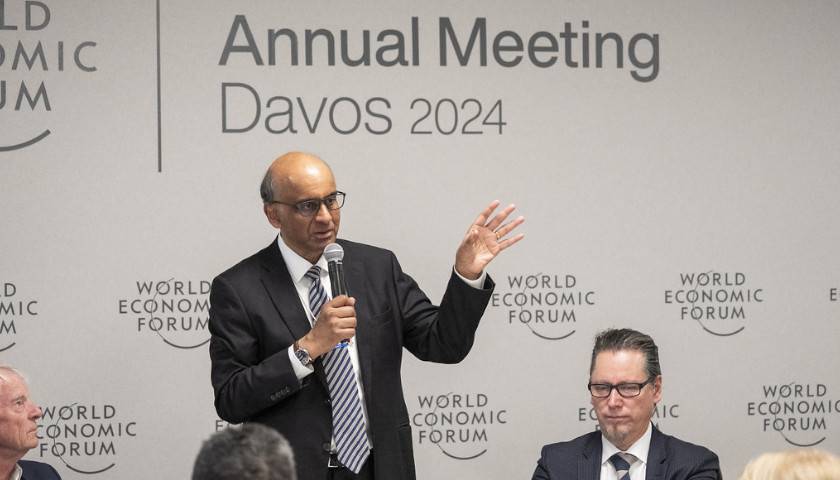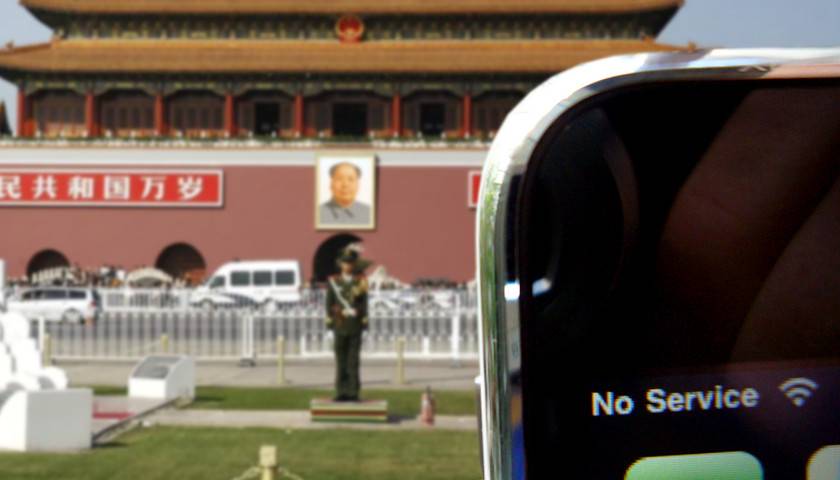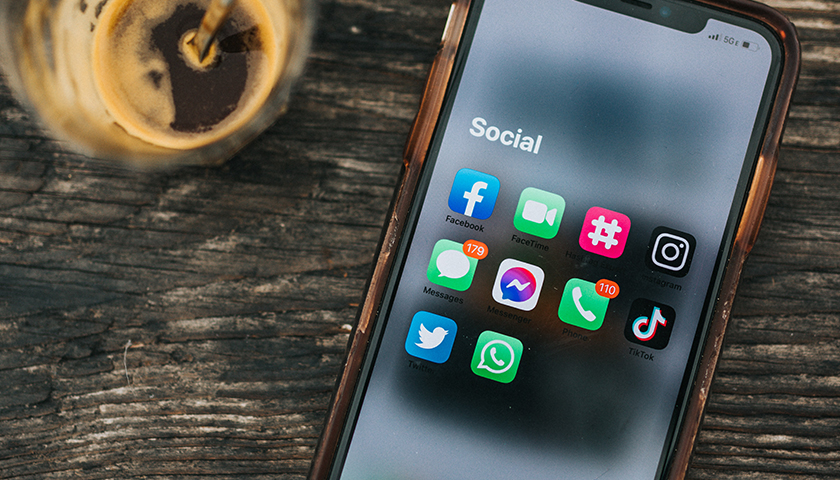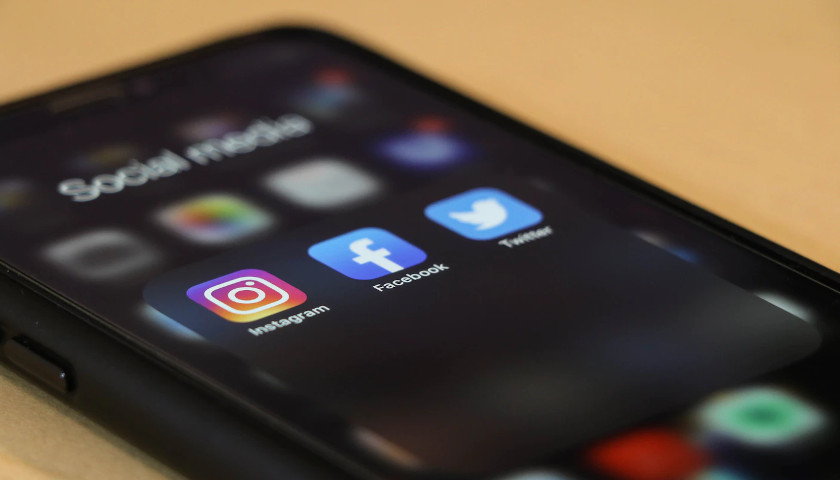On New Year’s Eve of 2019, revelers gathered around the globe to ring in a new decade. Many jubilantly attended “Roaring Twenties” parties, adorned in elegant evening wear, cloche and Panama hats, and knickerbockers, harkening back to an exciting, culturally vibrant era of economic prosperity. But whatever veiled hopes partygoers had for a booming future soon met jarring realities: a once-in-a-century pandemic, global lockdowns, an economic recession, and widespread civil unrest stemming from an incident of police brutality. The Roaring 2020s were not to be, it seemed.
Take heart: Mark P. Mills, a physicist, senior fellow at the Manhattan Institute, faculty fellow at Northwestern University, and a partner in Montrose Lane, an energy-tech venture fund, is out to rekindle our collectively dashed hopes. In his new book, The Cloud Revolution: How the Convergence of New Technologies Will Unleash the Next Economic Boom and a Roaring 2020s, Mills convincingly argues with verve, vitality, and – most importantly – evidence, that humanity is about to take a great step forward in the coming decade. And unlike the first Roaring Twenties, these won’t need to end with a Great Depression.
In the opening pages, Mills reminds us that the original Roaring Twenties didn’t start off so auspiciously, either. In fact, separated by a century, our situation seems eerily similar. The 1918 flu pandemic ran well into 1920, triggering a severe U.S. recession that lasted through summer 1921. Violent riots and political instability were also prevalent. Yet from this pit of public despair, Americans pulled themselves out. Propelled by remarkable advancements in mass production, medicine, electrification, communications via telephone and radio, movies, automobiles, and aviation, the United States saw its GDP rise by an astounding 43% between 1921 and 1929.
Read More































